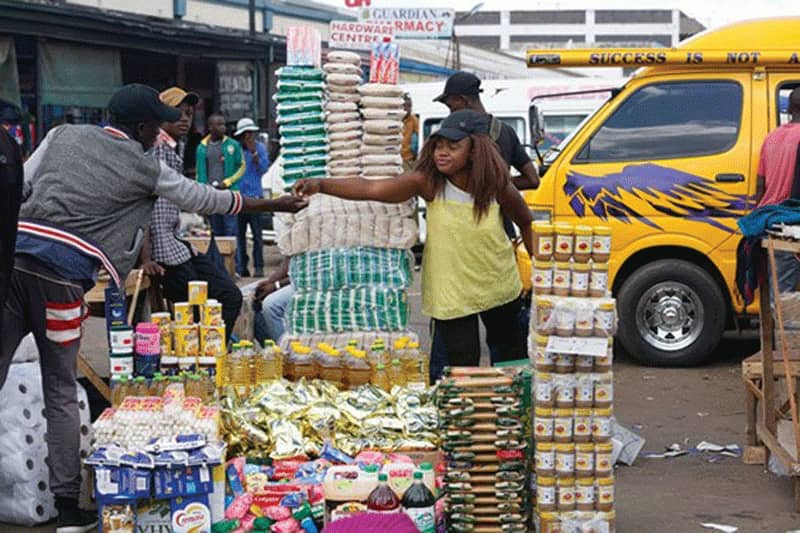Innocent Sibonginkosi Ncube
HARARE — Zimbabwe is currently facing limited stock levels of essential goods such as cooking oil, mealie-meal, and sugar in formal retail outlets, while these products remain readily available in informal markets.
This situation was highlighted during a Cabinet briefing on Tuesday, following a survey conducted by the Ministry of Industry and Commerce from September 27 to October 4, 2024.
Arbitrage Exploitation
Information Minister Jenfan Muswere attributed the scarcity in formal retail to arbitrage, where informal retailers take advantage of the widening gap between official and parallel exchange rates. He explained,
“Informal traders have been purchasing commodities in bulk from formal stores, reselling them at higher prices in informal markets.”
This practice has led to a noticeable reduction in supplies available to formal retailers, as many suppliers are now prioritizing the informal sector.
Muswere further elaborated, stating,
“This is attributable to arbitrage, as informal retail economic agents seek to capitalize on exchange rate differentials, given the reported cases of hoarding in the formal sector for resale to informal outlets.”
Despite these challenges, he reassured the public that there are no major shortages of basic commodities in the country, emphasizing that while the formal sector is experiencing reduced supplies, goods are still accessible in informal markets.
Government Response
The Cabinet’s discussions also touched on the recent resolutions made by the Monetary Policy Committee on September 27, aimed at addressing the growing discrepancies between official and parallel market exchange rates. While prices of basic commodities in Zimbabwean dollars have surged in formal outlets, the cost of these goods in U.S. dollars has remained stable across both sectors.
Muswere stated,
“The formal sector is experiencing reduced supplies, but the goods remain available in informal markets.”
He assured citizens that the government is committed to monitoring the situation closely and engaging with stakeholders to stabilize the formal market.
“The Government of Zimbabwe assures that regular monitoring and stakeholder engagement to ensure market-relevant interventions will continue,” he added.
Inflationary Pressures
The ongoing situation has exacerbated inflationary pressures and speculative pricing practices, deepening the cost-of-living crisis for many Zimbabweans. As the government works to address these issues, the focus remains on ensuring that essential goods are accessible to all citizens, regardless of the market in which they are sold.
Zim GBC News©2024


